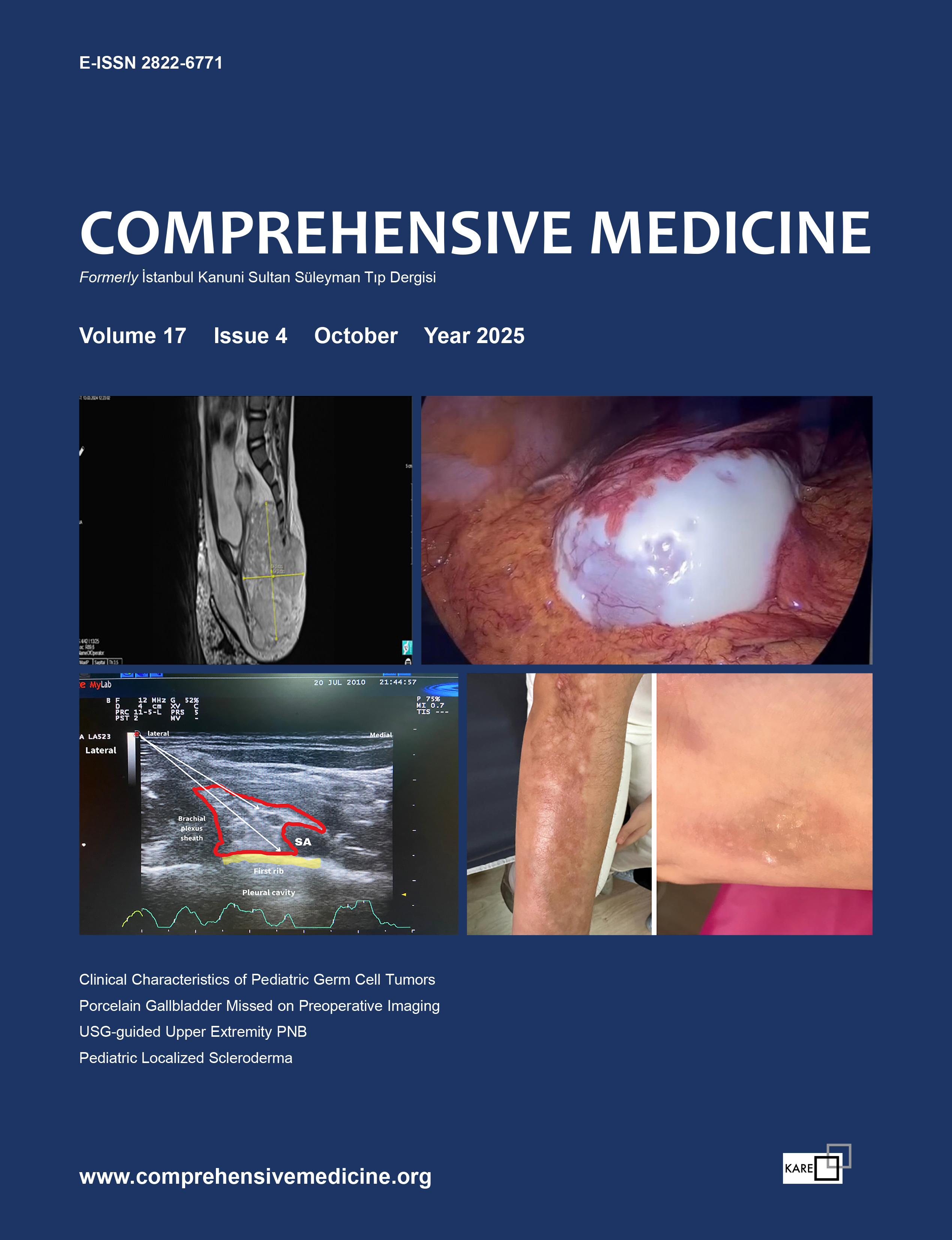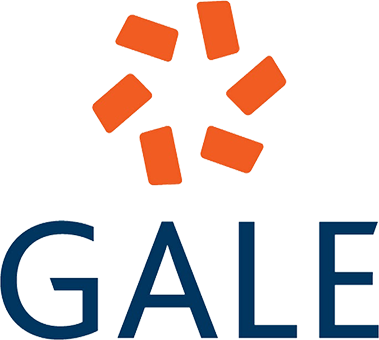The Effect of Patient Education in Treatment of Fibromyalgia: A Randomized Controlled Trial
Hatice Kübra Aşık1, Saliha Eroğlu Demir2, Nihal Özaras3, Aylin Rezvani4, Teoman Aydın5, Mustafa Güler5, Sevde Poşul5, Emine Poyraz51Department of Physical Medicine and Rehabilitation, Beykent University, İstanbul, Türkiye2Department of Physical Medicine and Rehabilitation, İstanbul Health and Technology University, İstanbul, Türkiye
3Department of Physical Medicine and Rehabilitation, Üsküdar University, İstanbul, Türkiye
4Department of Physical Medicine and Rehabilitation, Medipol University, İstanbul, Türkiye
5Department of Physical Medicine and Rehabilitation, Bezmialem Vakıf University, İstanbul, Türkiye
INTRODUCTION: Fibromyalgia syndrome (FMS) can be treated with a variety of pharmaceutical and non-pharmacological approaches. The purpose of this study was to evaluate the effects of patient education and a home exercise program on FMS patients' pain, fatigue, functioning, and quality of life
METHODS: The study included patients who satisfied the American College of Rheumatology's FMS criteria. They were split up into two groups at random. A schedule of at-home exercise was given to both groups. Furthermore, Group 2 patients participated in patient education sessions. At baseline and eight weeks later, both groups underwent examinations. Evaluation criteria included the Nottingham Health Profile (NHP) for quality of life, the Beck Depression Inventory (BDI) for psychological status, the Visual Analogue Scale for pain severity (VASp) and exhaustion (VASf), and the Fibromyalgia Impact Questionnaire (FIQ) for functional status.
RESULTS: The primary clinical and demographic characteristics of the two groups were comparable at baseline. Although the values of VASp (p=0.014), VASf (p=0.011), BDI (p=0.043), NHP subscales (p<0.05), FIQ (p=0.012) showed statistically significant improvements in Group 2, only Group 1's FIQ score significantly improved (p=0.027). There were substantial differences in VASp (p=0.026), VASf (p<0.001), BDI (p<0.001), and all NHP subscales except sleep problems, FIQ scores (p=0.036) between the two groups in favor of Group 2 at the end of eight weeks.
DISCUSSION AND CONCLUSION: Patients with FMS should receive patient education in addition to home-based exercise, which is an effective treatment for reducing symptoms, enhancing psychological well-being, and improving quality of life.
Keywords: Fibromyalgia syndrome, fibromiyalgia treatment, patient education
Fibromiyalji Tedavisinde Hasta Eğitiminin Etkisi: Randomize Kontrollü Çalışma
Hatice Kübra Aşık1, Saliha Eroğlu Demir2, Nihal Özaras3, Aylin Rezvani4, Teoman Aydın5, Mustafa Güler5, Sevde Poşul5, Emine Poyraz51Beykent Üniversitesi Tıp Fakültesi, Fiziksel Tıp ve Rehabilitasyon Ana Bilim Dalı, İstanbul2İstanbul Sağlık ve Teknoloji Üniversitesi Tıp Fakültesi, Fiziksel Tıp ve Rehabilitasyon Ana Bilim Dalı, İstanbul
3Üsküdar Üniversitesi Tıp Fakültesi, Fiziksel Tıp ve Rehabilitasyon Anabilim Dalı, İstanbul
4Medipol Üniversitesi Tıp Fakültesi, Fiziksel Tıp ve Rehabilitasyon Anabilim Dalı, istanbul
5Bezmialem Vakıf Üniversitesi Tıp Fakültesi, Fiziksel Tıp ve Rehabilitasyon Anabilim Dalı, istanbul
GİRİŞ ve AMAÇ: Fibromiyalji Sendromu (FMS) tedavisinde ilaç ve ilaç dışı pek çok yöntem kullanılmaktadır. Bu çalışmanın amacı FMS’de ev egzersiz tedavisine ek olarak yapılan hasta eğitiminin ağrı, yorgunluk, fonksiyonel durum ve yaşam kalitesi üzerindeki etkilerini araştırmaktır.
YÖNTEM ve GEREÇLER: Çalışmaya, American College of Rheumatology tanı kriterlerine göre FMS tanısı almış hastalar dahil edilmiştir. Hastalar rastgele iki gruba ayrılmıştır. Her iki gruba ev egzersiz programı verilmiştir. Grup 2’deki hastalar ayrıca hasta eğitimi toplantılarına katılmıştır. Hastalar tedavi öncesinde ve tedavi bitiminden 8 hafta sonra değerlendirilmiştir. Değerlendirme kriterleri; ağrı ve yorgunluk için Visüel Analog Skala (VAS), psikolojik durum için Beck Depresyon Ölçeği (BDÖ), yaşam kalitesi için Nottingham Sağlık Profili (NSP) ve fonksiyonel durum için Fibromiyalji Sendromu Etki Sorgulaması (FIQ) olarak beilrlenmiştir.
BULGULAR: Çalışmayı 50 hasta tamamlamıştır [Grup 1 (n: 26) ve Grup 2 (n: 24)]. Başlangıçta, her iki grubun temel demografik ve klinik özellikleri benzer bulunmuştur. Sekiz hafta sonunda, Grup 2’de VAS ağrı (p=0,014), VAS yorgunluk (p=0,011), BDÖ (p=0,043), NSP parametreleri (p<0,05) ve FIQ (p=0,027) skorlarında istatistiksel olarak anlamlı düzelmeler gözlenirken, Grup 1’de yalnızca FIQ skorunda (p=0,027) anlamlı iyileşme saptanmıştır. Tedavi sonrasında her iki grup arasında yapılan karşılaştırmada, VAS ağrı (p=0,026), VAS yorgunluk (p<0,001), BDÖ (p<0.001), uyku skorları hariç NSP parametreleri ve FIQ skorlarında (p=0,036) Grup 2 lehine anlamlı farklılık bulunmuştur.
TARTIŞMA ve SONUÇ: Ev egzersiz programıyla birlikte uygulanan hasta eğitimi, FMS hastalarında semptomların şiddetini azaltmanın yanı sıra yaşam kalitesini ve psikolojik durumu iyileştirmede etkili bir yöntemdir. Bu nedenle, fibromiyalji tedavisinde hasta eğitimine yer verilmelidir.
Anahtar Kelimeler: Fibromiyalji sendromu, hasta eğitimi, fibromiyalji tedavisi
Manuscript Language: English






















